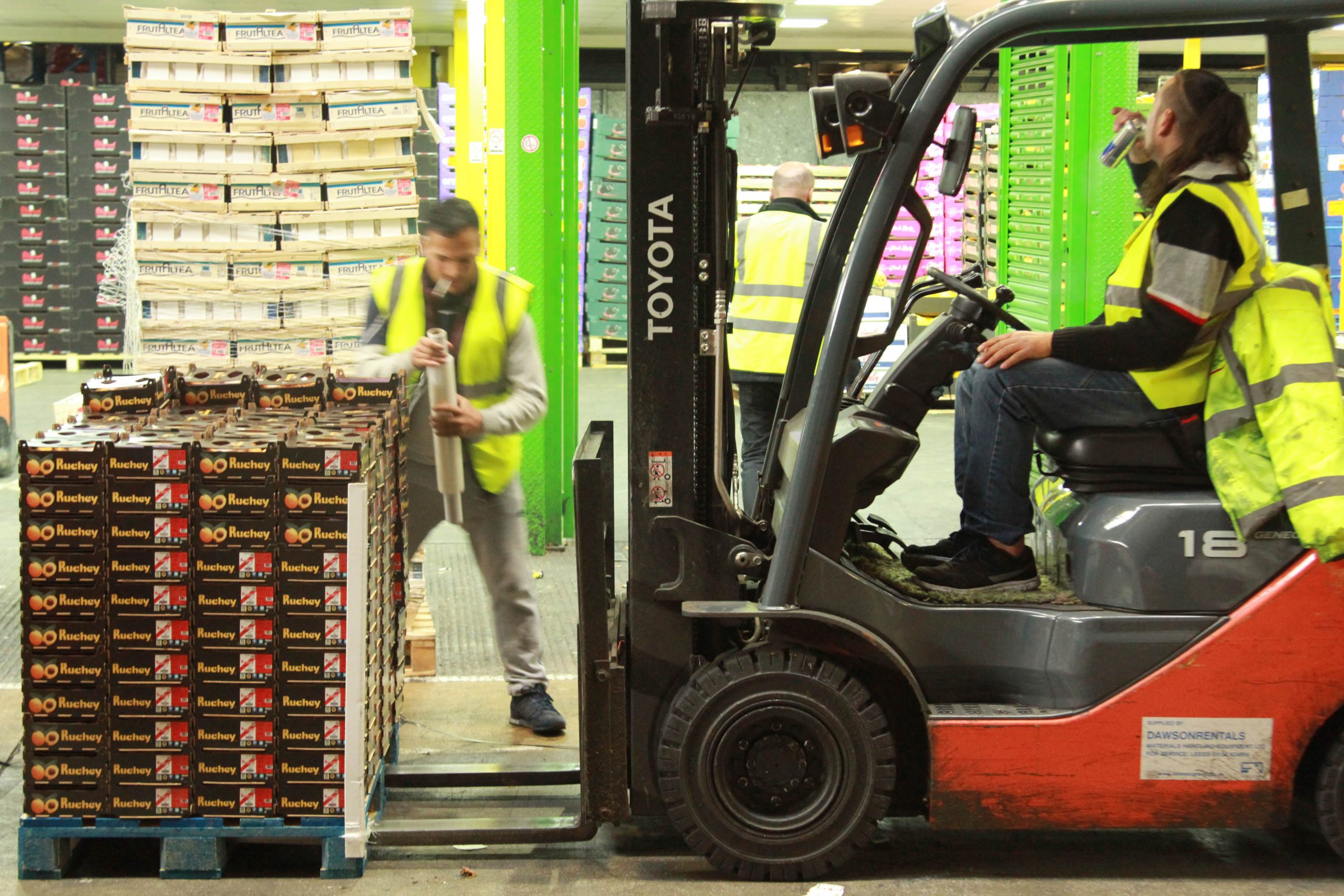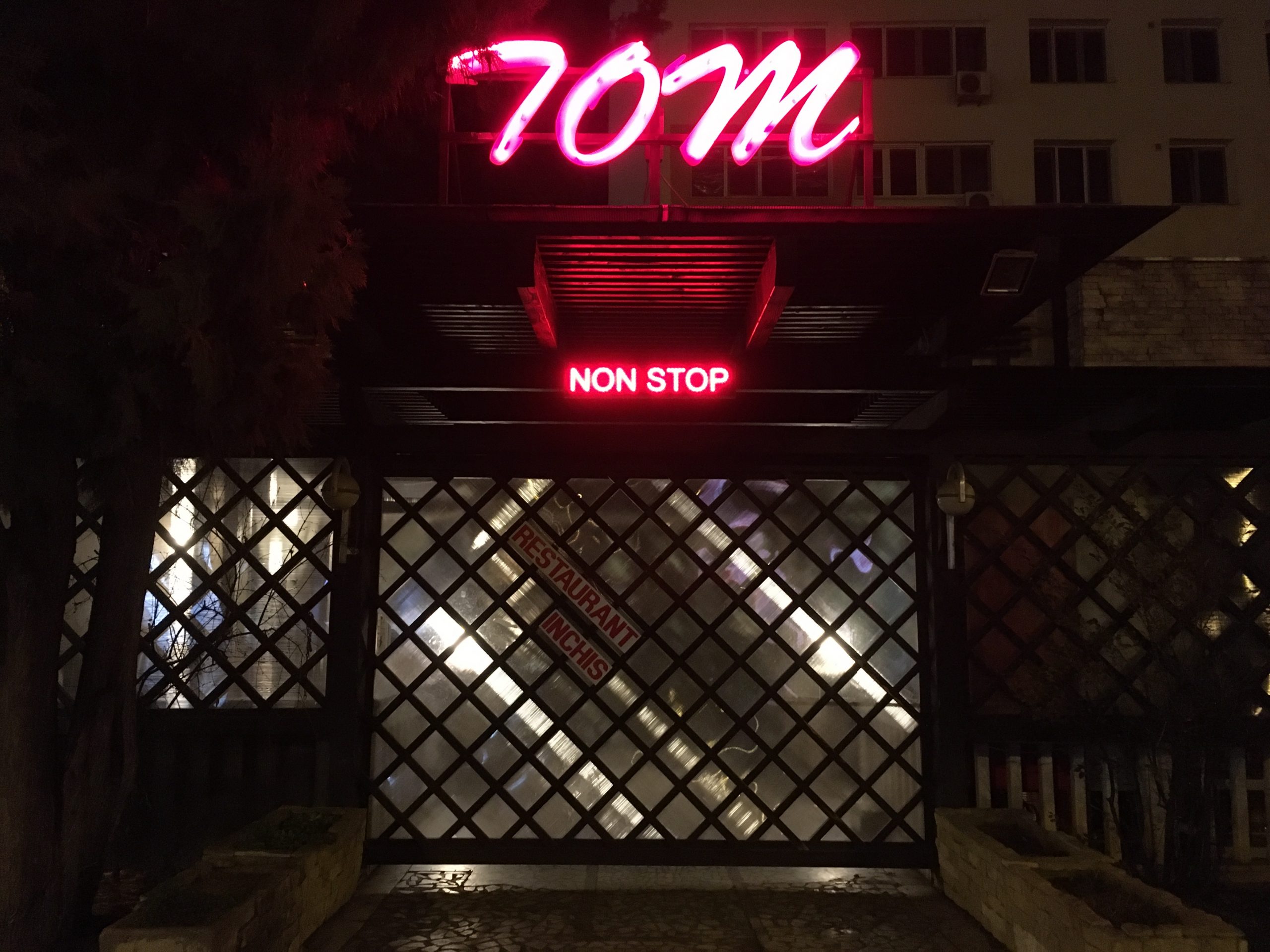Though essential to the functioning of key infrastructures and services, night workers face additional layers of precarity to their daytime counterparts. Their testimonies from London and Oradea convey a deep sense of insecurity, exacerbated by Brexit and the pandemic.
Salus populi suprema lex esto.
(The health of the people is the highest law)
Cicero
As a night ethnographer and migration scholar, for the past decade I have reached out to shift workers in London, Bucharest, Budapest, Istanbul and Milan. Night shift workers in sectors and services such as transportation and healthcare are the ‘other’ workers to the ‘9-5ers’1. A 2003 Directive of the European Parliament and the Council defines night workers as: a) employees who normally work 3 hours of their daily working time during nighttime, at least once a month; b) employees whose working hours during nighttime, in each year, equal or exceed 50 per cent of the total working time. ‘Nighttime’ means any period of not less than seven hours, which must include the period between midnight and 05:002.
Over 3 million people, or one in nine workers, contribute to the Night-Time Economy (NTE) in Britain3. Nearly twenty percent of workers do the ‘graveyard shift’ in the EU4. Except for isolated initiatives during and after the pandemic, the harsh work conditions, low pay, and restricted rights characterising night work remain invisible to policymakers and the public5.
In post-industrial countries, and particularly in global cities leading the expansion of the NTE, many night workers are migrants, women and people of colour, whose jobs support the functioning of key urban infrastructures. Yet, night work is still predominantly seen as a supplement to daytime labour, without specific dynamics and problems6 7.
The situation of migrant workers is especially dire, because they are more likely than locals to accept deskilled jobs on precarious terms, that is, without a regular work contract, undocumented, and working at unsociable hours. Immigrant women frequently experience sexual harassment and violence in the workplace. They are more invisibile than men, not unlike in domestic labour, for night work environments are usually masculinised. These long-term structural problems add up to vulnerabilities, asymmetries and disconnects between daytime and nighttime labour, migrants and locals, females and males.
Two-fold crisis
Working as a porter in a night market in London for nearly a year, I have come to understand that night workers often feel excluded and isolated from the rest of society. Many of them experience serious health impacts because they hack into their circadian or biological rhythms to stay awake. Moreover, the rhythm of night labour makes them unavailable to their family and friends.
The situation of night workers belongs to ‘the ordinary, chronic, and cruddy’, which is easily overshadowed by the ‘catastrophic, crisis-laden, and sublime’8. In the UK, Brexit and the pandemic have added other layers of precariousness. Brexit has made hundreds of thousands of European migrant workers ineligible for ‘settled status’, and many of them could face removal from the country.
The lockdowns introduced to contain the spread of COVID-19 have created pandemic (im)mobilities: on the basis of the distinction between ‘essential’ and ‘non-essential’ jobs, some workers continued to carry out their work as before, being exposed to health risks. Many others, including freelancers and platform workers, were forced at home without financial support. Their testimonies, both from the UK and Romania, express a deep sense of insecurity, and offer an opportunity to re-examine the experience of precarious work and gender relations in urban areas where labour regimes create conditions of marginality.

Night workers in a warehouse. Photo courtesy of Julius-Cezar MacQuarie c/o Nightworkshop
John has been working as a double-decker driver since the economic downturn in 2008. In Kenya, his country of origin, he was a coach for the women’s national volleyball team for over 15 years, until he fled the ethnic clashes that ravaged the country to reach safety in the UK. During the pandemic, he worked on day and evening shifts that stretched into the night. While I was in lockdown, we talked over the phone during his meal breaks. Sitting in his booth, he related how
As a driver, I am locked the whole shift in that cage. My box, where I sit to drive, must be shut all the time. The way we used to work has changed. I cannot breathe! Many people died, it’s very frightening. It feels like being imprisoned while I work to serve the public. It has been hard for me to work during the pandemic because I knew, if I don’t work, I won’t get money for my mortgage, for my family. That’s another kind of fear. Not having money to support your family pushes you out of the door, pandemic or not. And for one reason or another, during the pandemic migrants were the ones working, doing essential work to keep London moving. Overall we, migrants, are not appreciated for the work we do. I feel that the government has let us down.
Phil, a first responder with the London Fire brigade, has been working night shifts for three decades:
People dial 999, and then… Bosch, I turn up. I am not exclusively a night worker. I also work day shifts every week. So, I chop and change between days and nights, and different rhythms. I often feel like being shift-lagged all the time. And it doesn’t get any easier the older you get. When you’re working shifts, your job becomes more like your lifestyle. Most times you’re not around when people are awake and vice versa.
No lockdown for sex workers
Eleana, a health worker, is part of a sexual health service reaching out to street sex workers. She mainly supports them to engage with health services. The age of sex workers ranges between 20 and 50, and many are of mixed origin – African, black Caribbean, Brazilian, and eastern European. As Eleana explained,
A lot of them live hand-to-mouth – they go out to find punters, make £20 and then go to buy drugs. Some could move in and out of their shelters and go up and down the road all night as they need to make enough money to feed their drug habit. Some women experience abuse throughout their lives.
As an outreach worker, Eleana said that part of her job role is to do ‘hand holding – I do a lot of talking on behalf of the women while liaising with various community services’. She pointed out that
Sex workers often face homelessness, sexual abuse, mental health issues and/or drug dependency. Migrant sex workers encounter additional threats – discrimination by police patrols or social exclusion because of language barriers.
Most sex workers are closely watched by their pimps, sitting in cars parked in ‘the beat’, an area where sex workers patrol to meet with customers. If Eleana and her colleagues chat too long to sex workers, the pimp will summon the latter. Eleana explained that, during lockdowns and throughout the pandemic, their service increased the number of weekly outreach hours so that they could provide sex workers with updates on COVID-19 and the kind of symptoms they should watch out for, give them food, and liaise with shelter services to offer housing to homeless women.
Surprisingly, we met women in greater numbers than before the pandemic, and many new faces whom we had not seen before. The social distancing rules meant that the little physical contact these women had with us, people outside their street world, were reduced drastically.
Invisible ‘gig’ drivers
Sara, a digital platform driver in Oradea, Western Romania, explained how she dealt with the call of nature while driving during the pandemic:
It’s a bit tricky. When I need the toilet… I ask the client, are you in a rush? If they say yes, then I go on and wait till I finish the ride. If they say no, then I say that I really need to stop for the toilet. Most say that it’s OK. I used to stop at a local supermarket, but I can’t anymore. They won’t let us now unless we show the COVID-19 certificate. But I didn’t want the vaccine. I’ll wait and see. For the time being, I stop at petrol stations, sometimes on the way to the customer’s destination.
Alexa used to work at a night market in London. In 2019, she became a self-employed taxi driver, mostly working at night, and looking after her daughter in the daytime. In 2020, just before the first lockdown was ordered, she told me how happy she was with how things turned out for her and her daughter.
But once the lockdown started, taxi driver jobs were deemed ‘non-essential’. By April 2020, Alexa explained how she ‘stopped working since the COVID-19 situation. I have lots of bills to pay now. I took a three-month reprieve on my car loan, but the rent still needs paying. It has been tough!’
Female drivers are largely absent from the platform economy research agenda and worker-centred studies9. Yet, ‘over 64 million women worldwide find gig work through digital labour platforms, with many motivated by widely touted “emancipatory” platform possibilities for reconciling paid work and family’10.
Being a barman in London
Bernie, a barman, works late evening shifts. He was furloughed during the pandemic and went back to work in July 2020. As a duty manager in a London bar, Bernie works on average between 40 and 50 hours per week.
Once the first lockdown was over, I felt very nervous. Extremely anxious. I hadn’t interacted with anyone for a long time, besides the people I live with. I realised that I needed social contact. I needed to return to work. However, it was almost like starting a new job. I knew it all – how to serve, and all that. But running it, getting back into the flow, not having any routine for so long…
How workers in hospitality and accommodation survived through the health crisis without government support is no longer a matter of guesstimates – on the one hand, sudden loss of income, followed by financial difficulties, rising uncertainty, loneliness, and in some cases severe mental health problems; on the other hand, ‘essential’ workers faced increased workload and pressure11.
The experiences of shift workers like those introduced above differ significantly from those of people who could work remotely during lockdown, or received financial support from the government.

Shut restaurant during lockdown. Photo courtesy of of Julius-Cezar MacQuarie c/o Nightworkshop
The health consequences of night work are tremendous. Even in ordinary times, night workers typically eat unhealthy fast food due to lack of alternatives. They are unavailable to their friends and unable to attend family events. Moreover, working at night for a prolonged period disrupts circadian and biological rhythms, which increases both exposure to stress at work and the potential risks of cancer12.
During the pandemic, low-waged occupations in certain production areas have been re-categorised as ‘essential’, and migrant workers have been bestowed upon ‘key roles’ in the economic and social sphere13. The limits of this discursive turn are reflected in the fact that night workers, migrant or local, experience deeper vulnerabilities than they faced before the health crisis.
The Nightwork Charter
Throughout the pandemic, night workers in ‘key sectors’ were alert on production lines, in food processing and packing warehouses, loading fruit and vegetables, driving buses, trains and subways, repairing roads, caring for the sick, managing waste, and answering emergency calls.
Their experiences reveal that mobility and immobility are in a close-knit dynamic, and that we cannot talk of one without the other. Most importantly, they illustrate the post-circadian capitalist regime of production, characterised by precarity, which leaves labouring bodies exhausted before dawn.
On 1 March 2022, I launched the Nightworker Charter, which offers practical solutions for improving the conditions of night workers, whose problems are rarely recognised, let alone fixed, within the daytime-centred labour system of post-industrial societies.
The Charter seeks to (1) recognise the problems specific to night work, (2) address the multi-layered precarity associated with night work, and (3) make night work a stand-alone form of work in legal terms. You can become a signatory and recommend the Charter to unions, labour organisations, employers, local and regional councils, and health and safety organisations.
Bianchini (1995)
Directive 2003/88/EC. Chapter 1, art. 2, paras. 1-4
Trade Union Congress (2015)
Eurofound (2018). Nightwork, EurWork, European Observatory of Working Life. No precise figures on night workers in Romania exist at the time of writing.
Macarie (2017)
See Ruhs & Anderson (2010)
Though there is no clear breakdown of migrant and local night shift workers serving NTEs, there is an agreed assumption among researchers that post-industrial countries demand migrants to work in precarious, low-paid, back-breaking work.
Povinelli (2011), 13
See for example Howcroft & Moore (2018), Cant (2020).
From an online presentation by Al James (2021) on “Platforming women, work and family in the gig economy” for the Philomathia Fellows Society.
Focus on Labour Exploitation. 2021. “To help workers, I would tell the government to…” Participatory Research with Workers in the UK Hospitality Sector. Participatory Research Working Paper 2. Available at: www.labourexploitation.org; UK Hospitality. 2021. Hospitality sector loses £80.8bn of sales in 12 months of COVID-19. Online. Accessed 18/06/2021.
IARC (2020). Night shift work. IARC Monogr Identif Carcinog Hazards Hum, 124, p.46 and 359.
Alcorn (2020), Fernandez et al. (2020)
Published 26 April 2022
Original in English
First published by Eurozine
© Julius-Cezar MacQuarie / Eurozine
PDF/PRINTIn collaboration with
In focal points
Newsletter
Subscribe to know what’s worth thinking about.
Related Articles

Clicks and tricks
Vikerkaar 1–2/2023
Why organised labour in Estonia is weaker than almost anywhere in Europe; how the gig economy could be made to work for labour; and what familiarity with everyday tools tells us about our plastic fork culture.

A four-day-working-week trial is underway in the UK. The long-awaited attempt to improve the nation’s poor work-life balance and reduce related environmental impacts coincides with the conservative government’s ‘zombie’ prime ministerial handover period – one much more seriously anticipated than the other.






